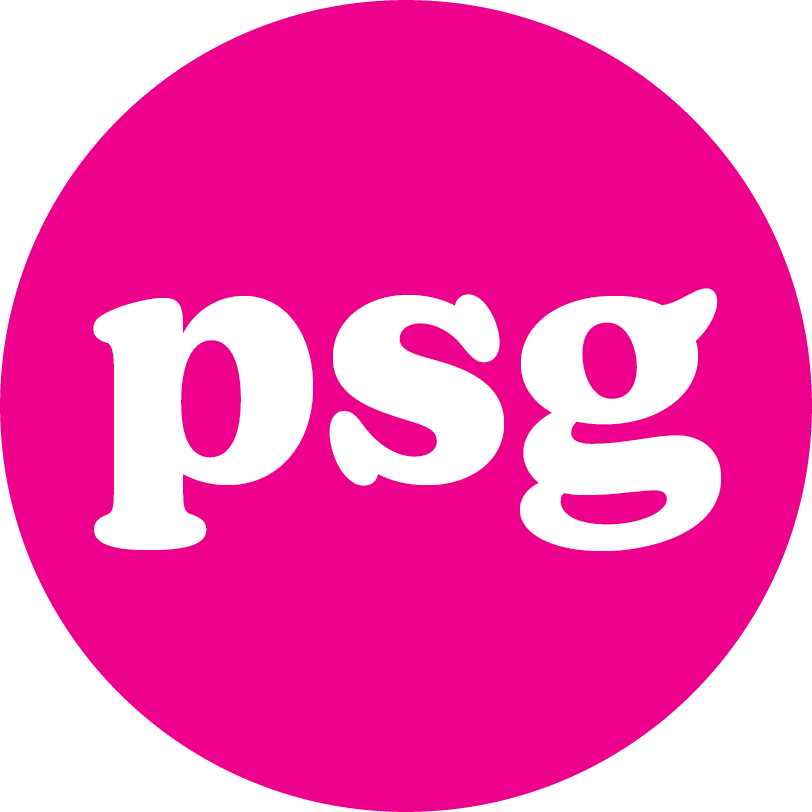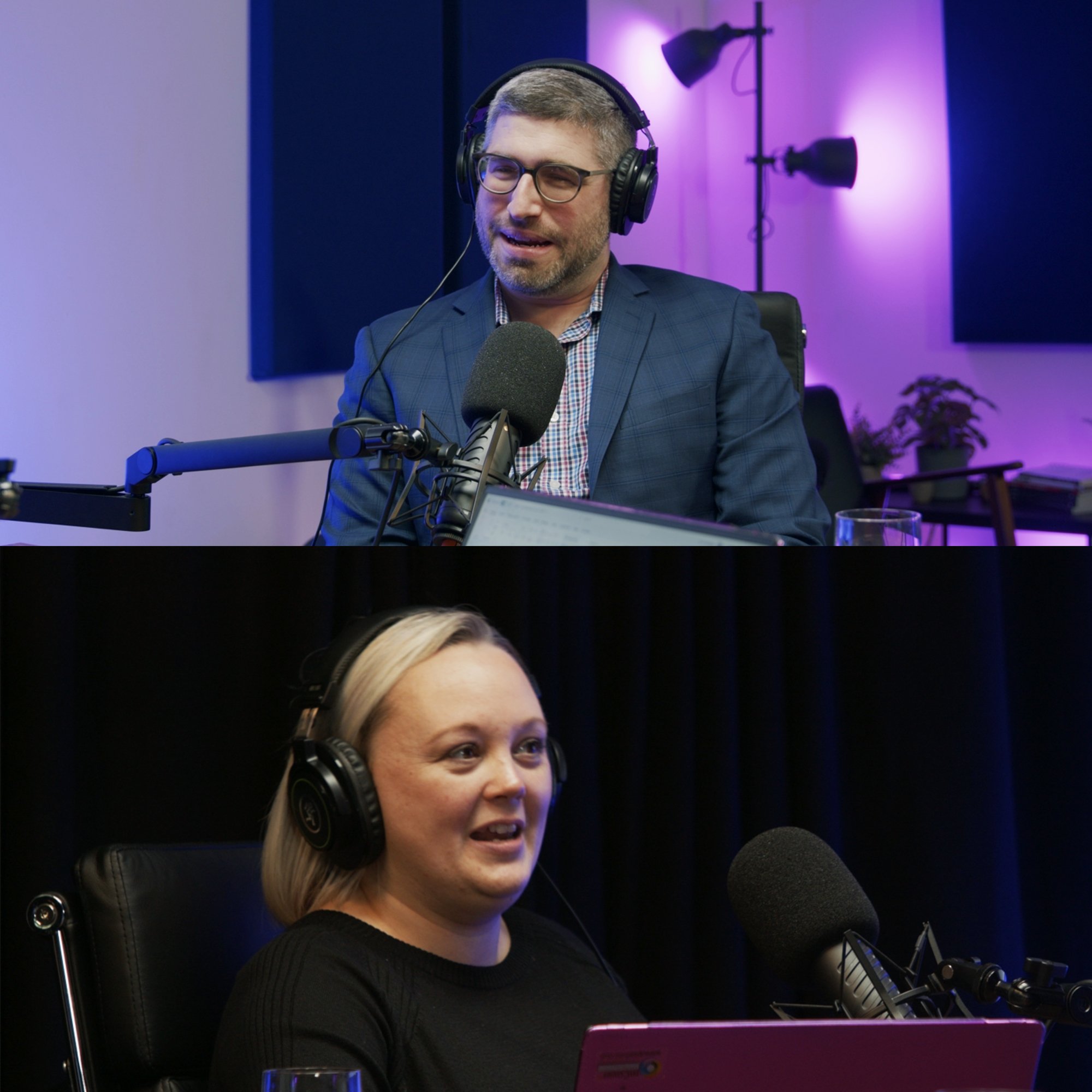how to achieve longevity as a podcaster
Balancing the buzz of starting a new podcast - and beginning your journey as a podcaster - with the reality of recording and producing on a consistent schedule can be a challenge.
Here’s an example.
A fantastic psg client was in the studio this week to record a new episode of their popular podcast. And while they chatted with us about the amazing feedback they’ve been receiving, they admitted that they’d really struggled to get themself motivated to come in and record.
It happens. The buzz starts to wear off. And it’s likely that this is the reason why of the millions and millions of podcasts “out there”, only around 720,000 have gone beyond 10 episodes.
Podcasters chuck it. They throw in the towel. Let’s talk about how we can prevent that from happening to you.
So, that shiny new podcast you’ve started, or are thinking of starting; how can you achieve longevity with it? How you can ensure this project you’re currently passionate about will still be around in a year’s time, 5 years’ time, etc?
Firstly, it's important to be consistent with your podcast releases. Choose a schedule that works for you!
Carefully consider how often you’ll be able to record. The time you’ll need to edit and post-produce (assume we don’t help you with that). How long it’ll take you to create social snips to help market your podcast? With all those things taken into consideration, agree upon a release schedule.
Make sure you stick to this schedule as much as possible, as listeners like to know when to expect new episodes from their favourite podcasts.
Top Tip:
Your release schedule isn’t the same as your record schedule. You can, and maybe should, record more than 1 episode at a time. This gives you a bank of podcast episodes that will enable you to keep up with your release schedule even if unforeseen circumstances crop up. Or if you just don’t feel like recording that day or week.
Secondly, it's important to have a clear and defined niche for your podcast. This means identifying a specific topic or theme that your podcast will focus on. By having a clear niche, you'll be able to build a loyal audience of listeners who are interested in that particular topic.
Here’s an example.
We were chatting with Callum, the host and producer of Pop Culture Patter. He’s about to end season 1 and was considering whether to change the name of the podcast for season 2 because, as he’s moved through the episodes, he feels the podcast isn’t always about “pop culture”.
However, we disagreed with him. His podcast’s niche is simple: he chats with interesting guests, frames the conversation around their pop culture interests and influences, and then explores their life, background etc.
It’s a mix that works. The niche is pop culture, something everyone has an interest in. But, as pop culture, directly and indirectly, affects all of our lives, it’s the perfect niche from which to jump into a wider discussion.
produce the best-sounding podcast in the universe
Thirdly, it's essential to put effort into creating high-quality podcast content.
Listen, the number 1 way to lose - or fail to build an audience - is if your podcast sounds garbage. The market’s way too competitive with great-sounding podcasts for you to realistically expect to build a loyal and obsessive listener base if your sound’s bad.
Ok, if you have a video component, you can get away with lower-quality video if the audio is fantastic. But not the other way around. That’s just hard facts.
Start your podcast production-wise the way you mean to continue. Don’t fall into the “just start a podcast!” trap. Consider how you’re going to achieve brilliant audio quality from the outset.
Here’s the thing, if your podcast’s audio quality is poor, you’ll struggle to build an audience. And if you struggle to build an audience, let me tell you, you’ll struggle to keep producing. That’s where our studio should come in to your podcast plans. We’ve taken all the expense, confusion and hassle out of recording with the best audio podcast equipment. We’ve got it all here.
And we’re fiercely competitive on your behalf. We don’t accept any client of psg leaving us with a podcast recording unless it sounds like the best in the universe. It’s a personal pride thing.
Finally, engaging with your listeners and building a community around your podcast is important. This means being active on social media and responding to listener feedback and comments. Set up an email address for your podcast (I know, grandad, “email” [eyeroll] right?). Some people still like sending emails. Include a call-to-action each episode where you ask your listeners to get in touch, either on your socials, your podcast’s website - if you have one - or via email.
Audience feedback is like catnip for longevity (if longevity was a cat). Getting that feedback will help spur you on to produce more episodes.


